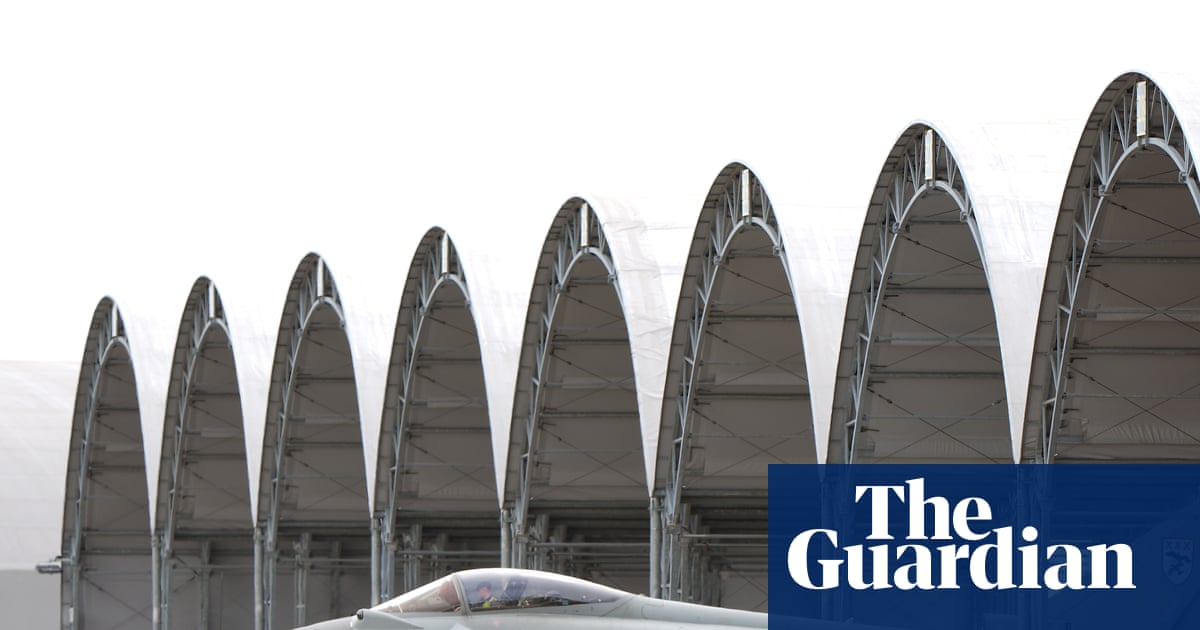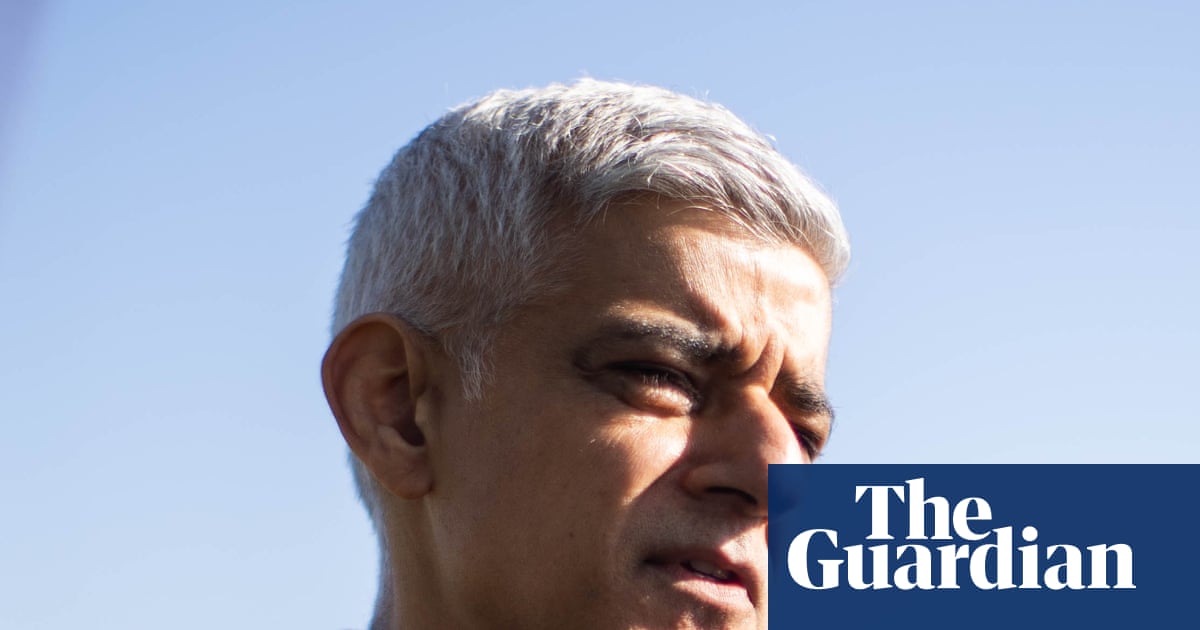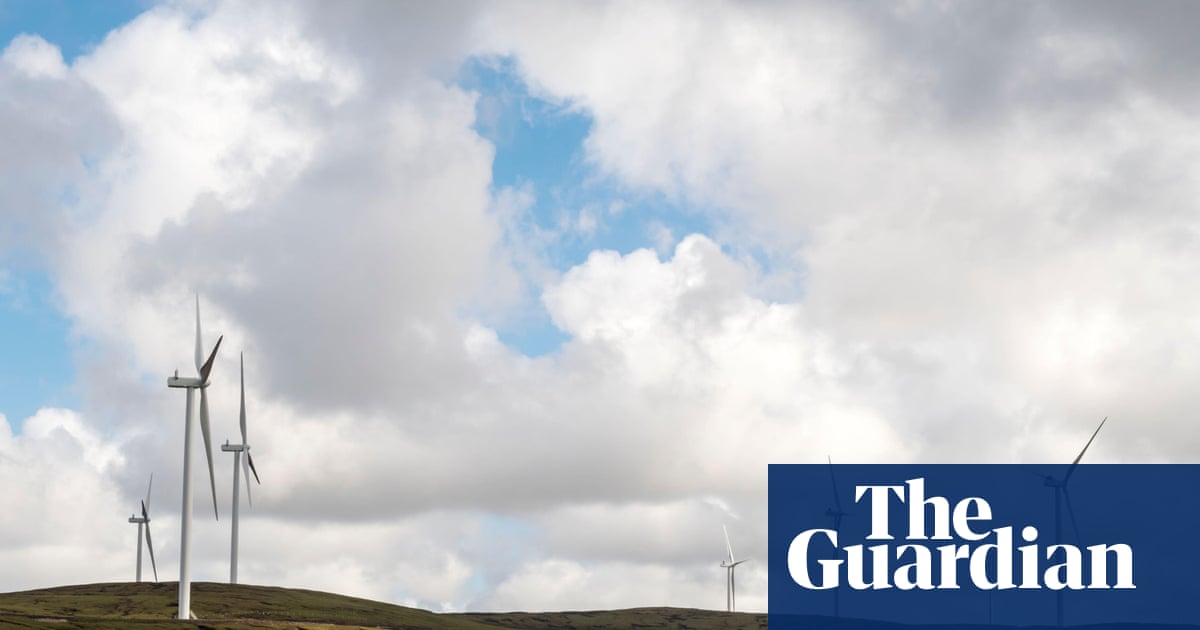Leading wildlife charities are calling on Labour to scrap a significant section of the planning bill that they say is a “licence to kill nature”, as new data reveals bats and newts are not the main reason planning is delayed in England.
The RSPB and the Wildlife Trusts, whose membership is more than 2 million, said Labour had broken its promises on nature. They called for part three of the bill, which allows developers to avoid environmental laws at a site by paying into a national nature recovery fund to pay for environmental improvements elsewhere, to be ditched.
Beccy Speight, CEO of the RSPB, said: “It’s now clear that the bill in its current form will rip the heart out of environmental protections and risks sending nature further into freefall.
“The fate of our most important places for nature and the laws that protect them are all in the firing line. The wild spaces, ancient woodlands, babbling brooks and the beautiful melody of the dawn chorus – it’s these natural wonders that delight people all over the country and support our physical and mental health that are under threat. That cannot be allowed to stand.”
The charities released new research that suggested bats and newts were not the reason for delays in planning in 2024. The chancellor, Rachel Reeves; the prime minister, Keir Starmer; and the housing secretary, Angela Rayner; have repeatedly framed nature as a blocker to growth, blaming bats and newts for delays to infrastructure and housing projects.
The data from analysis of 17,433 planning appeals in England in 2024 found that newts were relevant in just 140 (0.8%) planning appeals and bats in 432 (2.48%).
Craig Bennett, chief executive of The Wildlife Trusts, said: “Before the general election, Labour promised to restore nature. Under a year later, the chancellor is leading an ideological charge against the natural world despite it being the very foundation of the economy, society and people’s health. Promises have been broken, and millions of people have been betrayed.”
The leading British wildlife charities spoke out as more than 60 conservationists, including presenter Chris Packham, business leaders and legal experts signed a joint statement calling for the planning and infrastructure bill to be paused and for a meaningful consultation over part three of the draft legislation.
Anger from environmental groups, ecologists and some economists has grown after Labour MPs and housing minister Matthew Pennycook rejected every amendment to strengthen protections for nature in the bill, which were put forward by MPs on the committee examining the draft legislation.
These include a call for better protections for rare and vulnerable chalk streams and for all so called irreplaceable habitats which cannot by their very nature be recreated anywhere else in a compensatory scheme.
British ecologist Sir John Lawton, who signed the joint statement, said the government should pause the bill for proper consultation: “Legal changes of this magnitude should at least follow due process. A hurried competition for last-minute ‘rescue’ amendments to this dangerous bill helps no one, and will surely harm our environment, and our economy on which it depends,” he said.
“Normal, evidence-led, democratic due process is all we are asking for.”
Bennett said the so-called nature recovery part of the bill was a misnomer because in reality it was a licence to destroy nature.
He said: “The Wildlife Trusts and others have offered constructive solutions that would allow the bill to proceed and achieve its aim to accelerate development whilst maintaining strong environmental protections. We’re appalled that these have all been spurned. Nature is in crisis and must not suffer further damage. Much loved places like the New Forest could now be at risk – that’s why we’re now saying the misleadingly named ‘nature recovery’ section must be removed.”
A government spokesperson said: “We completely reject these claims. The government has inherited a failing system that has delayed new homes and infrastructure while doing nothing for nature’s recovery, and we are determined to fix this through our plan for change. That’s why our planning and infrastructure bill will deliver a win-win for the economy and nature by unblocking building and economic growth, and delivering meaningful environmental improvements.”

.png) 3 months ago
57
3 months ago
57

















































